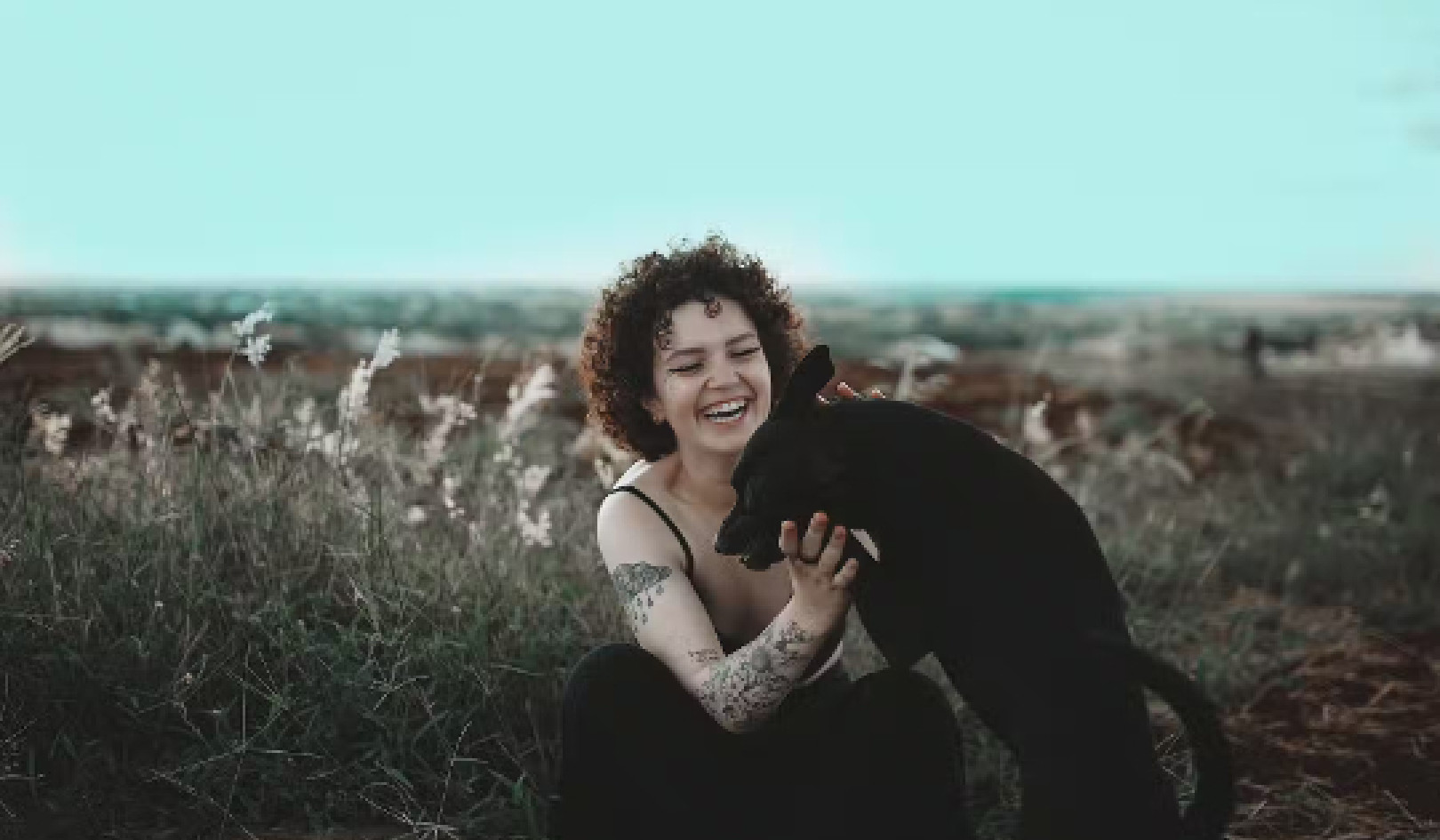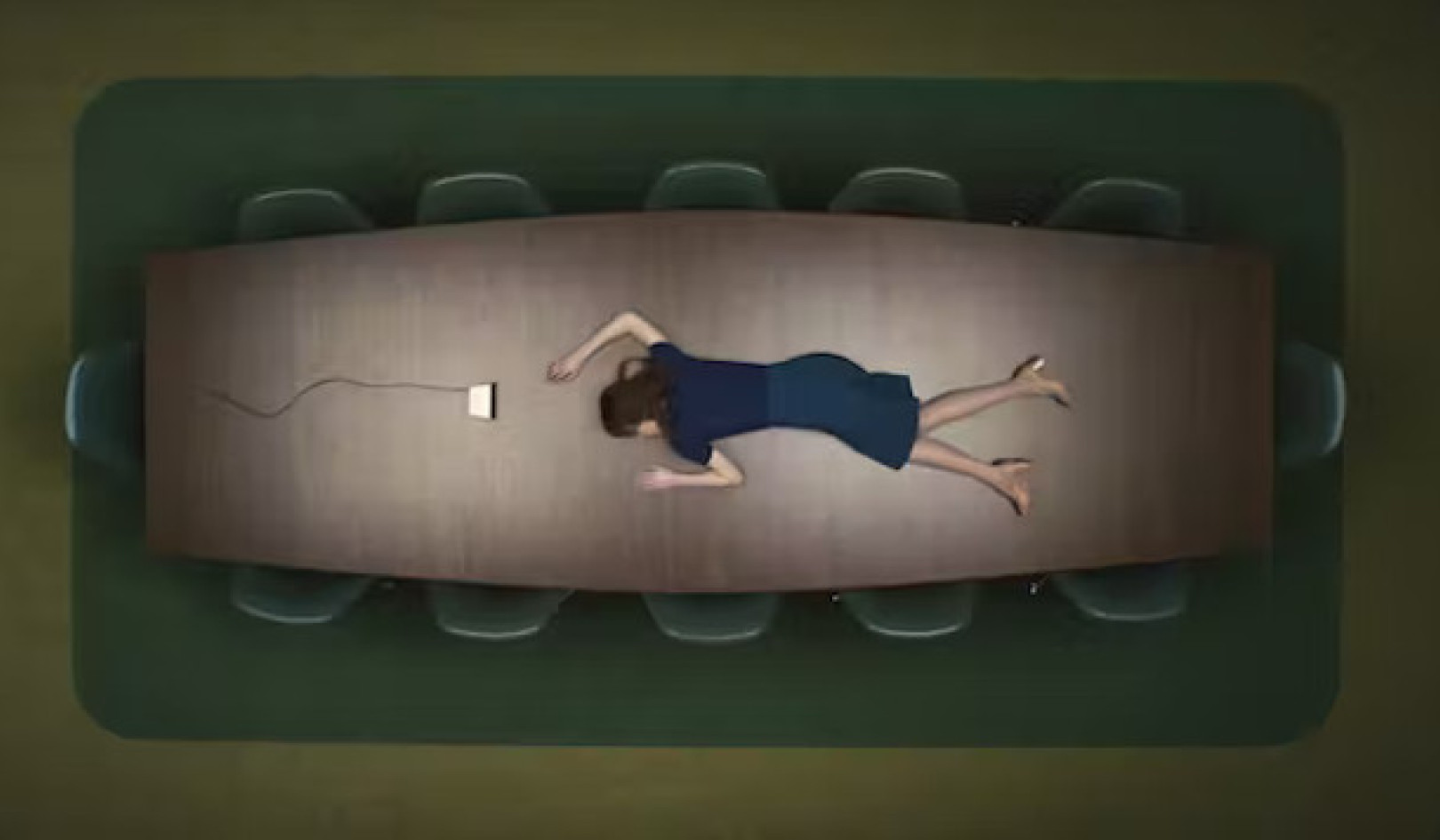
Max Pixel. (Creative Commons Zero - CC0.)
My mother did the best she could with the tools she had; this I know for sure. No mother, no parent, can prepare for the tormented experience of the death of a child let alone begin to heal, even slightly, without help.
My brother Jeffrey, 22 months, contracted bacterial meningitis and died within six weeks. My mother took to her bed, where she enveloped her grief within her sheets and blankets and a darkened room.
Her doctor paid her a house call to counsel her along with a command to “Have another,” and a slap across her face to startle her out of her grief. She followed doctor’s orders and I was conceived. I am the replacement child, born after my brother’s tragic loss, to fill the vacancy of Child Number Two in a family that had already etched its completed blueprint.
Loved From a Distance, Conditionally
My mother never recovered from the loss made all the more painful by her doctor’s harsh ‘therapy,’ as she would refer to his slap over the years. My heart broke for her, especially as I became a mother myself and reflected on the horrific, “What ifs” deep inside many parents as they question their own survival after such a loss and a lack of compassion.
Because my mother had no healthy way in which to grieve or process Jeffrey’s death, she was not emotionally prepared for my arrival. Yes, she overjoyed with a daughter after her two sons, but she did not want to feel the loss of another, so she protected herself from getting too close to another child who might also have needs and could possibly die.
As I grew, she loved me from a distance and I came to view her love as conditional, dependent on my behavior. Early on, without the language or understanding of such dynamics, I became my mother’s savior. I did anything and everything to make her happy, to cajole her out of bed, out of the darkness from which she took familiar comfort.
I behaved ‘perfectly’ both in and out of the house. I was determined not to cause her any problems while my older brother Stephen offered no apology in his normal little boy activities. I sensed the added expectations placed upon me long before I could articulate such responsibility.
My mother either responded angrily when I was less than perfect, isolating herself once again behind her bedroom door. At other times, when I became ill, she completely fell apart. Even as a little girl, I did my best never to show that I was sick and when I was, I masked my symptoms.
Developing An Eating Disorder as a Means of Control
What I couldn’t conceal, though, was my love of food. Oh how I loved anything that was filled with calories—from burgers, to thick meats, to pizzas, fried chicken and all sweets! While Stephen could literally eat an entire Sara Lee pound cake after school, I was reminded to ‘watch it’ by the age of ten. Again, as the dutiful little girl, I did just that.
I became so cognizant of my weight that soon I was more focused on my hunger pains than food. Initial positive comments about my weight loss from friends and extended family were inspiring, so much so that I began to enjoy my days of starvation. Anorexia wasn’t discussed much in the early 60s, an eating disorder I claimed as my own.
My mother and I developed a war of control between what she begged me to eat and what I refused. While she could control what I wore through her purchases, and where I went through her driving, she could not control what I chose to eat or not eat. This, then, became our dance for the rest of our lives. Even up to the time she passed away eight years ago, she was begging me to eat whenever I visited.
I never fully recovered from the image of the good little girl who found the one way in which to provide control over my fragile existence as the replacement child.
The Pendulum Swinging from Joy to Despair
Yet, as I mentioned, my mother did the best she could. There were times when she was loving and giving and hysterically funny. The house became painted in invisible primary colors of joy, shared by my father, brother and me. Yet, when her darkness set in, this same house sighed with heaviness, forcing us each to retreat to our separate rooms, allowing Mother to rest in peace behind her closed bedroom door.
At the same time, without warning, once again, joy returned for us all when she raised her bedroom shades and dressed with her impeccably matching wardrobe and jewelry, ready to face the day. While there were good and not-so-good days, what became a constant was her under-the-surface sadness that was only relieved by afternoons in bed, which she deemed her “favorite piece of furniture.”
Like many children born to fill a void in a family, I grew into a chubby, anxious little girl, with my desire to please not only my mother but also everyone. While I never grew up feeling I was the replacement child, I knew that my birth was the result of poor Jeffrey’s passing. Every once in a while, my mother and I would have a similar conversation, seemingly out of nowhere. My mother would reflect:
“I really only wanted two children.”
I responded with a comment that reflected my growing critical thinking skills:
“Mom, where would I be if Jeffrey lived?”
Her final statement required no response, and left me in perplexed silence:
“Well, Barbara, you wouldn’t have been born.”
The Gift of Resilience and Empathy
Still, no matter the circumstances of my birth, and my place in our family, I felt loved and reflect on my childhood with warmth and joy. My resilience, a genetic gift from my father, helped me to mold my challenges into a tapestry of beauty as I navigate my life’s journey.
Ironically, I owe much of my natural empathy of others to my own insecurities, feeling less than in so many areas of my life enabled me to reach out to others. Yet, through hard work—therapy, reflective writing, and the determination to possess what others seemingly own so effortlessly—today, I have a beautifully fulfilling life with deep appreciation for my struggles that have ultimately provided the foundation for my inner growth.
Article Source
When Will I Be Good Enough?: A Replacement Child’s Journey to Healing
by Barbara Jaffe Ed.D.
 Have you ever wondered, “When will I be good enough?” Like millions of other women, educator/author Barbara Jaffe was faced with that question, but for her, as a “replacement child,” the barriers to acceptability were higher than for most of us. Barbara, like many others, was born to fill the vacancy left by her little brother, who died at the age of two. This book tells the multitude of readers who have been “replacement children” for many reasons, that they, too, can find hope and healing, as did Barbara.
Have you ever wondered, “When will I be good enough?” Like millions of other women, educator/author Barbara Jaffe was faced with that question, but for her, as a “replacement child,” the barriers to acceptability were higher than for most of us. Barbara, like many others, was born to fill the vacancy left by her little brother, who died at the age of two. This book tells the multitude of readers who have been “replacement children” for many reasons, that they, too, can find hope and healing, as did Barbara.
Click here for more info and/or to order this book.
About the Author
 Barbara Jaffe, Ed.D. is an award-winning English professor at El Camino College, California and is a Fellow in UCLA’s Department of Education. She has offered countless workshops to students to help them find their writers’ voices through writing non-fiction. Her college has honored her by naming her Outstanding Woman of the Year and Distinguished Teacher of the Year. Visit her website at BarbaraAnnJaffe.com
Barbara Jaffe, Ed.D. is an award-winning English professor at El Camino College, California and is a Fellow in UCLA’s Department of Education. She has offered countless workshops to students to help them find their writers’ voices through writing non-fiction. Her college has honored her by naming her Outstanding Woman of the Year and Distinguished Teacher of the Year. Visit her website at BarbaraAnnJaffe.com
Related Books
at InnerSelf Market and Amazon






























